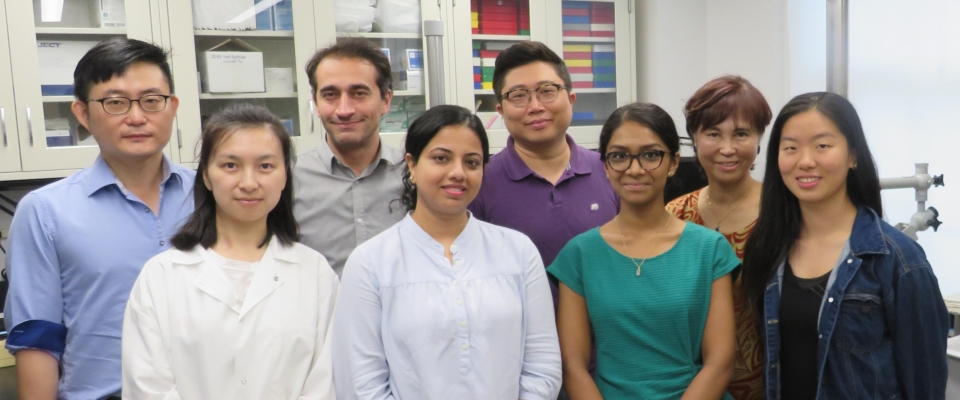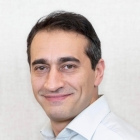You are here

Regulating Blood Supply to Limbs Improves Stroke Recovery
Cutting off and then restoring blood supply to a limb following a stroke reduces tissue damage and swelling and improves functional recovery, according to a new study in mice from scientists at the Burke Neurological Institute published in The Journal of Neuroscience. The simple, noninvasive technique could be developed into a treatment for stroke patients of varying severity.
Remote ischemic limb conditioning utilizes a blood pressure cuff and has been shown to aid in stroke recovery, potentially by affecting monocytes. Monocytes are a type of white blood cell involved in immune responses that can either reduce or promote inflammation, which is necessary in the tissue recovery process.
Drs. Sunghee Cho and Jiwon Yang, along with colleagues in the Preclinical Stroke Modeling Laboratory at Burke Neurological Institute, treated mice that experienced a stroke with remote ischemic limb conditioning and tested the monocyte levels in their blood. The research team found that the ratio of inflammatory to non-inflammatory monocytes circulating in the blood increased, resulting in more available inflammatory cells in the blood.
Surprisingly, the increase in circulating inflammatory cells was associated with reduced brain tissue damage and swelling and improved motor function. The symptoms improved for both moderate and severe strokes, indicating the potential for wide application as a stroke treatment.

Back row from left to right: Il-doo Kim, Ph.D.; Mustafa Balkaya, Ph.D.; Keun Woo Park, Ph.D.; Sunghee Cho, Ph.D.
Front row from left to right: Yang Guo, Ph.D.; Abhilasha Singh, Ph.D.; Faariah Shakil, B.A.; Roselyn Jiang
Not shown: first author Jiwon Yang, Ph.D.





